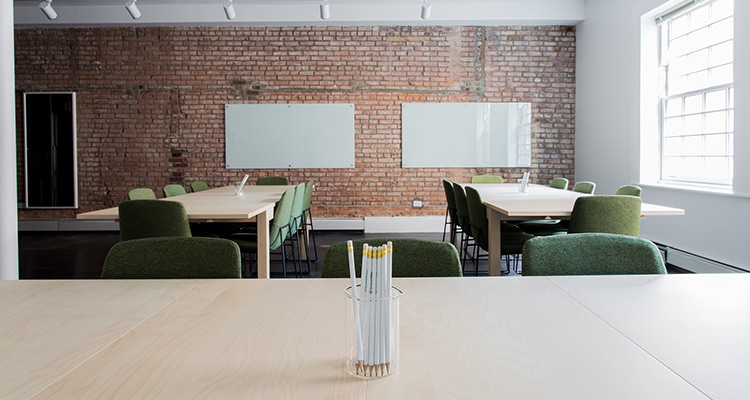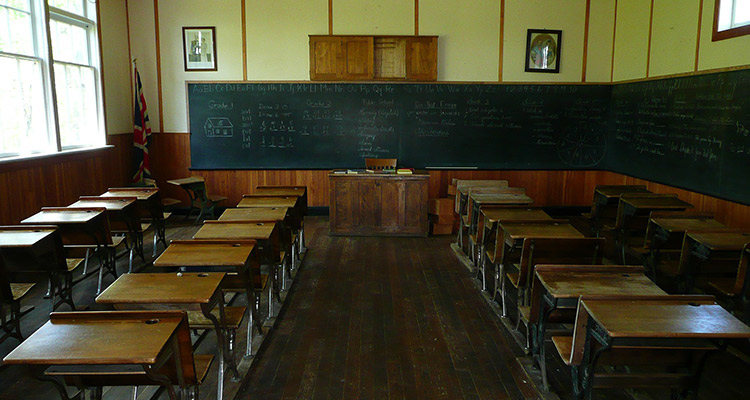

Learning to speak in public, from continual exposure in halls or through debate clubs, forms a very important part of training. We’d like to present exchange experiences you can carry out with your school or debate club to encourage this skill that will accompany your students forever.
How public speaking is taught in the US and other European countries
Speaking in public and debating is a lesson that mediterranean countries have brushed aside in a way. Further ahead we’ll see how debate competitions show great exceptions, nonetheless, the level of public speaking in northern Europe and Anglo-saxon countries is far superior.
This is why at dothegap, we believe an exchange between schools and debate clubs with European and American centres presents an excellent opportunity for students and professors: first because they develop their skills in a different and stimulating environment; second because they discover how their colleagues work and can apply new techniques back home.
So, what countries and examples are we suggesting? In German and Austrian schools, referat is an integral daily activity. It involves public presentations given by students and they are carried out in all classes, with oral skills contributing to an integral part of the student’s marks. If your school offers German classes or you have a language school, wouldn’t this be an opportune exchange for you?
In the United Kingdom, there is a strong emphasis on public expression in schools. Increased importance has been placed on this in the last few years, as shown by the work done by Neil Mercer through Oracy Cambridge. Last July, this organisation created a complete report to integrate public speaking in the syllabus of all Welsh schools. You can see it here.

The work of Oracy Cambridge shows that dialogue in class should be a pillar of learning, since it helps children develop socially and cognitively. It encourages collaboration and team activities, boosting their oratory skills and reducing individual, silent, competitive work.
Wouldn’t it be great to do an exchange with a Welsh school and learn how they begin to apply the studies led by Neil Mercer?
Another valuable experience would be with American centres, where oratory skills play a central role from the beginning of school life. As in Germany, classwork is shared in public, in front of the rest of the class. And there are other key experiences involved in developing this skill, such as picking a class representative: all candidates present themselves in public and express their reasons for running and why you should vote for them.
Spain and Latin America: exchanges focused on debate
In Spain, in recent years, something changed with respect to public speaking. This shows recent successes from Spanish representatives in the World Universities Debating Championship (WUDC) and in the Campeonato Mundial Universitario de Debates (CMUDE).
The team formed by Antonio Fabregat and Javier de la Puerta won both contests from both championships. But even they recognise that their success is due to their personal dedication in debate clubs and less due to the integration of public speaking in Spanish schools. Here you can read an interview with them.

That said, debate clubs, whether university-run or not, have raised the level of public speaking in Spain and Latin America. In fact, the WUDC final was between students from the Universidad del Rosario (Bogotá, Colombia), also finalists at the 2018 edition of the CMUDE.
An exchange between Spanish and Latin American centres specialised in debate, or even interdisciplinary centres, would offer great educational and personal value. Incorporating the oratory skills from another country, or incorporating them in other disciplines naturally, would offer students invaluable life skills.
Even if it doesn’t seem like educational institutions place much importance on public speaking, throughout your professional career you’ll find it invaluable on many occasions. Whether it’s giving a good presentation in a job interview, expressing your ideas clearly to your team or superiors, or presenting our project to possible clients, public speaking is essential.
And what about you? How important is public speaking to you? If you think your school, organisation or centre would benefit from offering students a chance to learn to speak in public, why not propose to do an exchange? At dothegap we’re ready to help you organise it.




